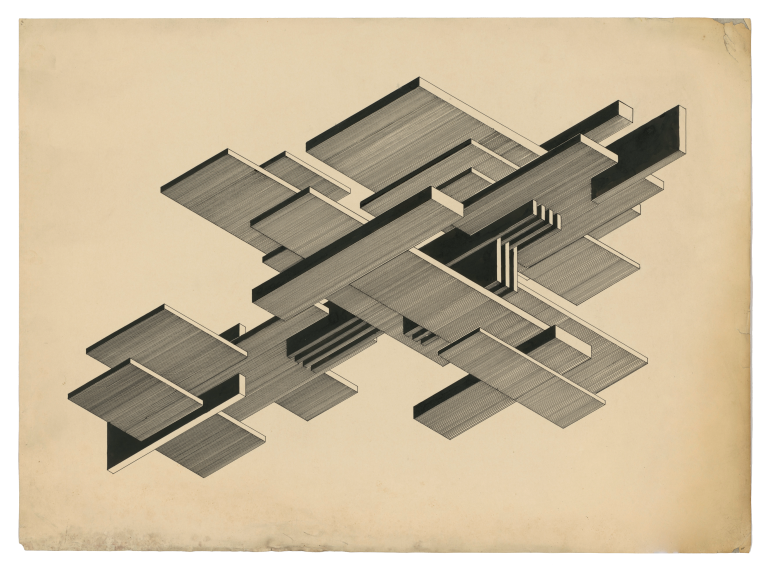Abstract
It can be said that the work of the French psychoanalyst, Jean Laplanche, is marked by an inescapably ‘academic’ tendency. Beginning with the landmark Vocabulaire de la psychanalyse, co-authored with Jean-Bertrand Pontalis, and continued in the seminar that would become his Problematiques, Laplanche’s principal concern was taking up a latent thread of academic discourse already established by Freud.
Speaking in 1971, on behalf of the ‘Laboratory of Psychoanalysis and Psychopathology’ he helped to establish within Paris VII University, Laplanche made the following pronouncement:
It is time for analysis to conquer - to reconquer - the teaching of analysis, to make the teaching of analysis something analytic.
To reconquer the university, but for who? What is - to use Laplanche’s term – the exigency that underwrites his presence at the university, and in whose name is this exigency enacted? In the name of the students of Mai '68? For the supposed academic legacy of Freud and the early analysts? Or is it rather in spite of Lacan’s various “attacks on knowledge”? Can psychoanalysis even be taught, or is it communicated only by way of initiation?
Without committing to a wild analysis of Laplanche, it is left to consider the legacy of a psychoanalytic form of pedagogy, in which the dual affiliation of its maîtres – as both teachers and analysts – is always put into question. Regardless of which way this personal bias swings, bringing psychoanalysis to a second site, ‘beyond the walls’ of its primary, clinical context, means also inescapably addressing the unconscious outside of a therapeutic context designed to ‘contain’ it.
More personal for Laplanche was the question of whether the promise of a mode of teaching that is ‘precisely permeable to the inspiration of analysis,’ is all too susceptible to the same kinds of transferential relationship exhibited in the rites of the Lacanian school. For – as Laplanche wryly notes - despite the apparent strength of this relationship, “every sorcerer is only ever an apprentice”.
Biography
Jake Clwyd Roberts is a writer and researcher of psychoanalytic theory. A graduate of the psychoanalytic theory programme at UCL, Jake’s dissertation focussed on the temporal logic of apres-coup (‘afterwardness’, or Nachträglichkeit in Freud’s German). His current research interests centre on the theoretical contributions of French analysts such as Piera Aulagnier, Pierre Fedida, Mária Török, and Jean Laplanche - particularly in terms of topology and temporality.
Image: Erich Dieckmann, Komposition aus Flächenelementen [Composition of Surface Elements], 1936. Staatliche Museen zu Berlin.
Credit: Staatliche Museen zu Berlin, Kunstbibliothek / Dietmar Katz Public Domain Mark 1.0

 Close
Close

